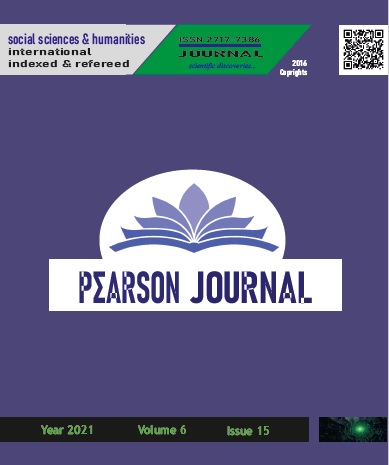The Philosophical Meaning of The Killing of a Sacred Deer as a Contemporary Interpretation of Tragedy Iphigenia at Aulis
DOI:
https://doi.org/10.46872/pj.399Keywords:
Sacred, sacrifice, Iphigenia at Aulis, The Killing of a Sacred Deer, the cost of a human lifeAbstract
With the movie The Killing of a Sacred Deer , Jorgos Lanthimos takes the value sacred from superhuman powers and makes it mundane. It is claimed that queen Clytemnestra, one of the heroes of Euripides’ tragedy Iphigenia at Aulis, does not believe in superhuman powers. This is because Clytemnestra considers the event of killing of her own daughter Iphigenia a murder rather than a sacrifice. In The Killing of a Sacred Deer, Lanthimos interprets the killing of Iphigenia as a “sacrifice” by her own father, King Agamemnon, to question the relations between the people of the contemporary world. Are the killings of Iphigenia and Martin’s father, Jonathan Lang, sacrifices or murders? Whatever the answer is, the idea that both the film and the tragedy suggest is that what should be considered sacred is life. King Agamemnon, who killed his own daughter, and surgeon Steven, who caused the death of his own patient, are expected to pay the price for the loss of life they caused. But how? What could be the cost of a human life? As a result, the contribution of the movie The Killing of a Sacred Deer to the people of the contemporary world is that it re-examines the values of “sacred” and “sacrifice.”




